HELSINKI (Reuters) – Russia has temporarily taken control of the assets of Finnish energy group Fortum and its former German subsidiary Uniper, creating confusion over the fate of other Western firms in Russia as pressure mounts to hit Moscow with more sanctions on Ukraine.
President Vladimir Putin late Tuesday signed a decree establishing temporary control of the Russian assets of the two European state-owned energy companies. Fortum (FORTUM.HE) said it was “investigating” Uniper (UN01.DE) and the German Finance Ministry had no immediate comment.
The decree – which outlines possible retaliation if Russian assets are seized abroad – showed that Moscow had already taken action against Unipro’s Russian unit (UN01.DE) and Fortum’s assets. Russia made it clear that the move could be reversed.
Moscow has reacted angrily to reports that the Group of Seven is considering a near-total ban on exports to Russia, while many have called for tougher sanctions to limit Russia’s ability to fight in Ukraine. The European Union is looking into using frozen Russian assets to rebuild Ukraine.
Uniper owns 83.73% of Unipro, which operates five power plants with a total capacity of more than 11 GW in Russia and employs about 4,300 employees.
Fortum is majority owned by Finland, which joined the NATO military alliance early this month. Moscow said Finland had made a serious mistake.
The Finnish Foreign Ministry did not immediately comment on how Russia’s decision would affect relations between the two countries.
“Fortum’s current understanding is that the new decree does not affect ownership (registered ownership) of assets and businesses in Russia,” the company said in a statement.
“However, it remains unclear how this affects, for example, the Russian operations of Fortum or the ongoing divestment process,” she added.
Fortum’s Russia division owns seven thermal power plants in the Urals region and Western Siberia, while also owning a portfolio of wind and solar power plants in Russia, along with local partners. The book value of those assets reached 1.7 billion euros ($1.87 billion) by the end of 2022.
Both companies are trying to get out of Russia. In February, Uniper valued its stake in Unipro at a symbolic €1 to reflect the possibility of no deal.
The decree said Russia needed to take urgent measures to respond to unspecified actions by the United States and others that it said were “unfriendly and contrary to international law”. The shares of the two entities were placed under the temporary control of Rosimushchestvo, the federal government property agency.
Russia’s state-owned bank VTB (VTBR.MM) said this week that Russia should consider taking over and managing assets of foreign companies like Fortum, returning them only when sanctions are lifted. Fortum has previously indicated expropriation risks.
Rosimushchestvo said more foreign companies’ assets could come under temporary Russian control.
“The decree is not related to ownership issues and does not deprive the owners of their assets. The external management is temporary in nature and means that the original owner no longer has the right to make administrative decisions,” the agency said.
Asset sales by investors from “unfriendly” countries — as Moscow calls those that have imposed sanctions on Russia — require approval from a government committee and, in some cases, the president.
($1 = 0.9094 euros)
(Reporting by Essie Leto and Anna Ringstrom; Editing by Terje Solsvik.)
Our standards: Thomson Reuters Trust Principles.

“Infuriatingly humble alcohol fanatic. Unapologetic beer practitioner. Analyst.”

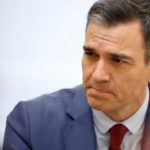
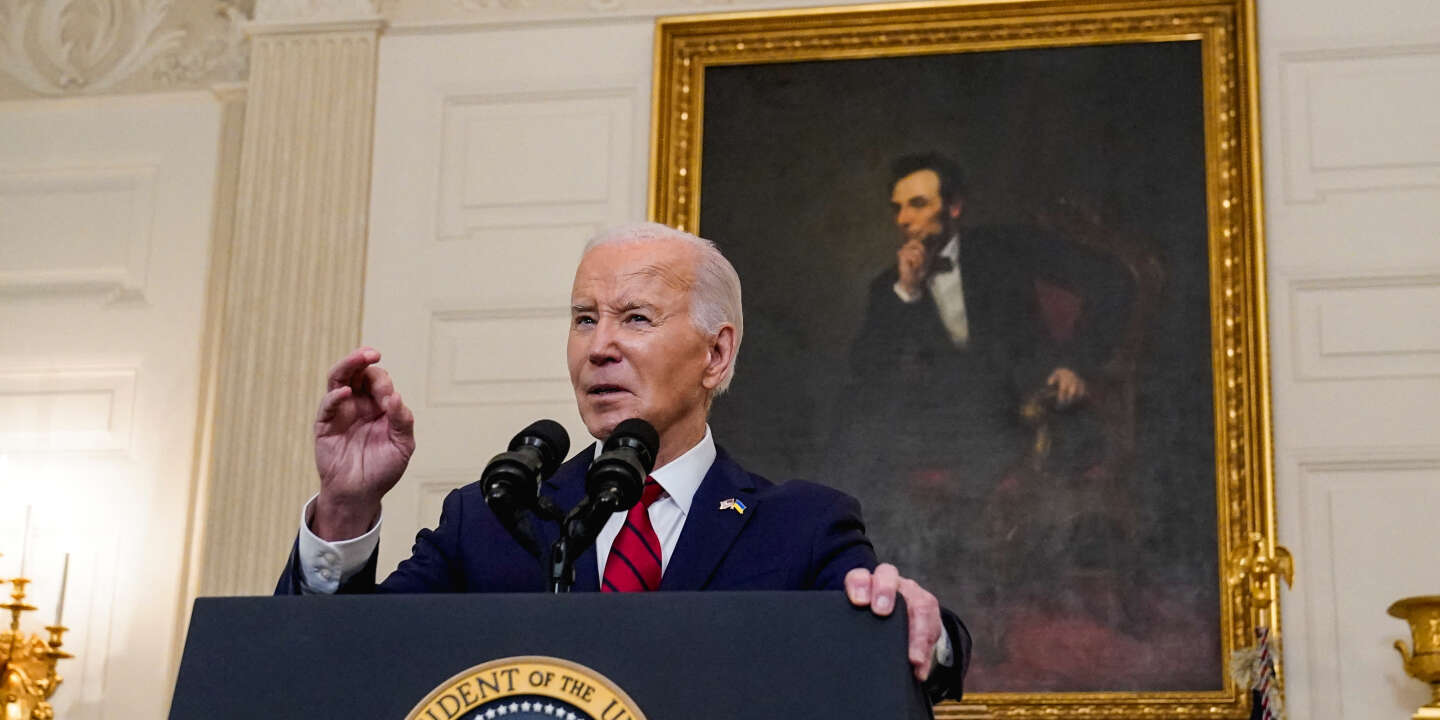
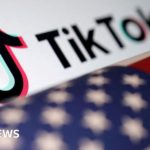


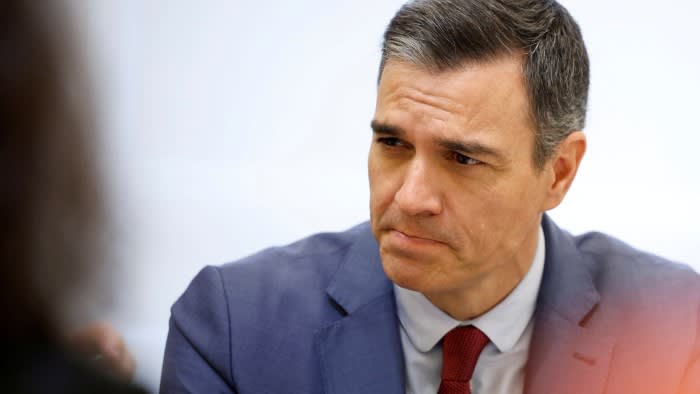
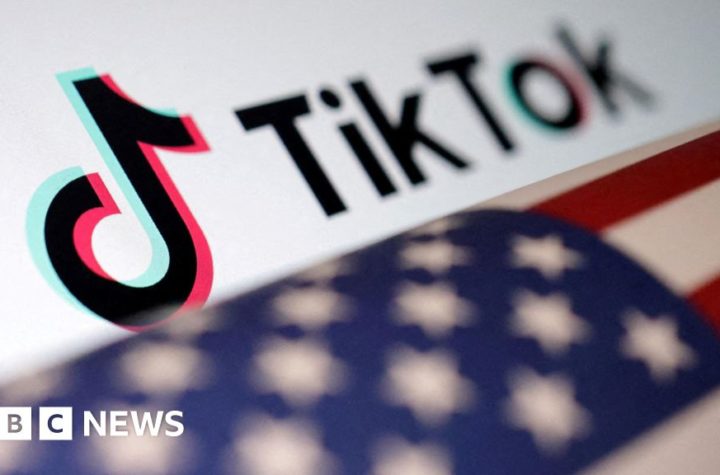
More Stories
Spain's Prime Minister is considering resigning while his wife faces a corruption investigation
TikTok: The US Congress approves a bill that could lead to a ban on the application
Russian Deputy Defense Minister arrested on charges of receiving bribes